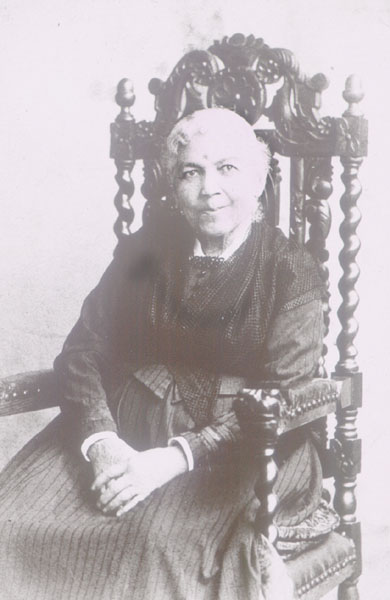Poetry Between the Wars: Gwendolyn Brooks

Photo Credit The first African American to win a Pulitzer Prize for the poetry collection, Annie Allen , Gwendolyn Brooks was born in 1917, in Topeka, Kansas to David Anderson Brooks, a janitor, and Kezia Brooks, a school teacher and classically trained pianist. Her mother taught at the very school in Topeka for which the court case Brown v. the Board of Education of Topeka, Kansas is named. Though she was born in Kansas, Brooks referred to herself as a Chicagoan, and it was there her education began on Chicago's South Side. She attended both integrated and segregated schools, completing her secondary education at Englewood High School in 1935 ( 1 ). By age fourteen, she was receiving praise for her poetry from ...




